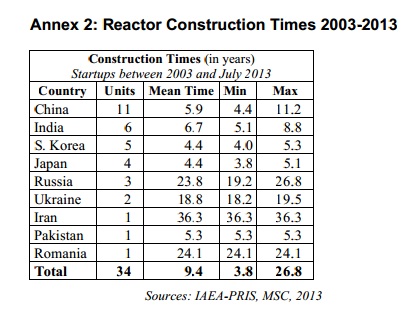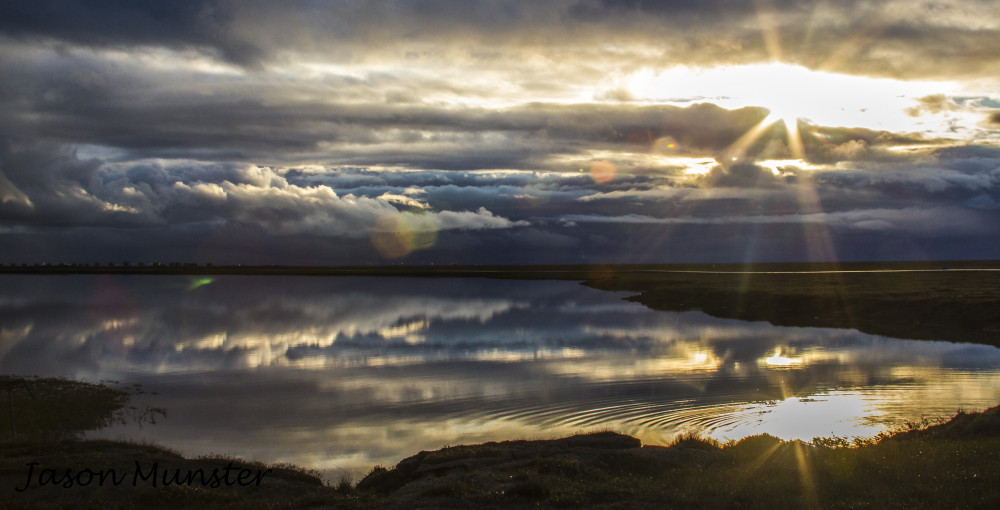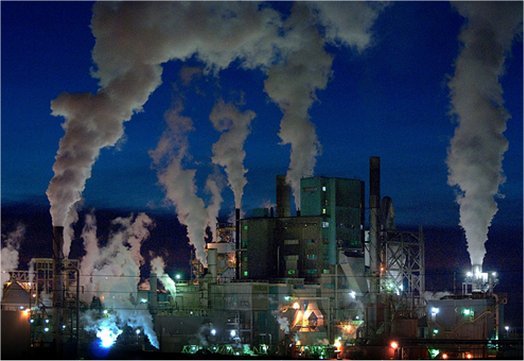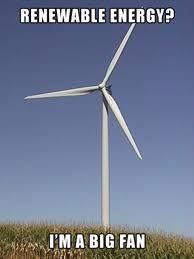Nuclear power has saved over 1.8 million lives by replacing fossil fuel power sources.
I've mentioned that fossil fuel power plants kill people and shorten lives by emitting not only particulate matter and smog normally associated with pollution, but also NOx (natural gas power plants produce almost no particulate matter, but any time anything is combusted, the combustion process in a nitrogen rich atmosphere (78% on Earth) produces NOx, so natural gas power plants do produce NOx).
Shortly after harping on exactly this for several posts, a journal article came out that exonerated my aggressive stance on how nuclear power saves lives rather than ending them through nuclear disasters. Nuclear power has saved over 1.8 million lives, according to this peer-reviewed research. The authors didn't include long-term health ailments and non-death causing heart attacks related to climate change. Only death: full stop. They go on to say that replacing nuclear power with natural gas would cause 400,000 deaths by 2050. Replacing them with coal would cause 7 million. Meanwhile, the best estimates of long-term deaths caused by radiation exposure from the Chernobyl meltdown, mining uranium, and building nuclear power plants stands at about 5,000 No deaths arose from Three Mile Island or Fukushima. What about the radiation that Fukushima is spilling out into the ocean? It's less than 1/20th the radiation levels found in a banana.
Critics are quick to point out that renewables like wind are cheaper and more effective at reducing CO2 emissions than nuclear. Great. Let's build more wind power. Except that there are not sufficiently good places to make wind effectively and cheaply. In an exhaustive (and depressing) article on the state of nuclear energy construction, it is pointed out that Germany has an installed capacity (recall, installed capacity is simply the name-plate power generation of a plant/turbine at best-case scenario) of 76GW of renewable energy. They then compared this to all of France's installed capacity of Nuclear at 63.1 GW. But, as we have talked about, renewables don't always work. While France's nuclear generators put out 407 TWh in 2012, Germany's renewables generated 136 TWh despite their larger capacity.
Moreover, Germany pledged to phase out nuclear power after Fukushima. What did they replace it with? Not renewables. Coal fired power plants. Meanwhile, as the US expands power generation from natural gas and ceased buying coal from the US, US coal producers are finding a new market for coal in Germany.
So let's look at Fukushima a bit more. Several things are bad about fukushima. First, it melted down when a tsunami overtopped its protective walls. The US Nuclear Regulatory Commission (NRC) had told Japan 20 years ago that their Fukushima walls were too low and they could be overtopped by a very realistic earthquake scenario. And now after the disaster, groundwater contamination with (less than 1/20th of a banana's levels) radiation is all a concern. Guess what? The NRC warned Fukushima to get their groundwater issue under control three years before the Fukushima meltdown.
That's right. The US NRC predicted that Fukushima was going to happen, and told Japan to get their house in order.

NRC: Telling Japan what to do since 1980. "We don't have much of a job to do in the US anymore since we haven't built a power plant in decades"
The US has a nuclear meltdown, too. You know what the consequences were? Pretty much nothing. It cost a billion dollar to clean up. That is a huge sum. But the meltdown was well-handled. And a lot was learned from the meltdown.
My point is, the US has it's matters sorted out when it comes to nuclear safety. And we are good at identifying risks in other parts of the world.
Finally, here's the big one, new reactor designs wouldn't allow for either three mile island or Fukushima to happen. With these new reactors, in the event of mechanical failure of the passive systems, the worst case scenario of the new designs is that it would take 3 full days before even needing to worry about meltdown beginning, leaving plenty of time to deal with the situation.
So yes. There are risks with nuclear. But there are guaranteed deaths with coal and natural gas.
The best solution by far is avoiding building new power plants and to massively increase efficiency and conservation. But people are slow at changing, and we aren't gonna change our lifestyles fast enough in the western world to avoid expansion of power use, and the developing world needs to build a ton of power capacity.
So let's stop being scared of nuclear power, cause it's saving lives rather than costing them.
Thanks for reading,
- Jason Munster
Appendix
Oh, but what is this section? Just a bunch of extra information. Check out how long it takes for various countries to build nuclear reactors:

Average, min, and max times of nuclear plant construction for countries that have built them. Source
Hokay, so. I need to acknowledge the bad parts of nuclear power. The real ones, not the fear-mongering that happens.
First, nuclear power is more expensive than on-shore wind (which is a limited resource, there are not infinite good places to put wind farms), coal, and natural gas. There is no doubt about that. If we switched everything to nuclear, many parts of the US that don't have high electricity prices will experience a rate shock. That is, their electricity bills will rise. But hey, remember what we said earlier about efficiency and conservation being the best way to save lives and to arrest climate change? Slightly higher electricity prices would promote this conservation. The initial rate shock would be a bit of an issue, but I am betting that nuclear power's opponents overstate it.
Second, there is an alternative to nuclear that I want to acknowledge, with a caveat. Renewables can't provide baseload power. But renewables paired with load-following natural-gas fired plants can (recall from a prior article that gas turbine based power plants can spin up very fast, and no other major power plant type can) (we don't count hydro as a major power type because we can't build more hydro in the US, we are tapped [punny]). This is by far better than coal, and better than gas alone. But it still burns gas, which produces CO2 and kills people and causes asthma.



